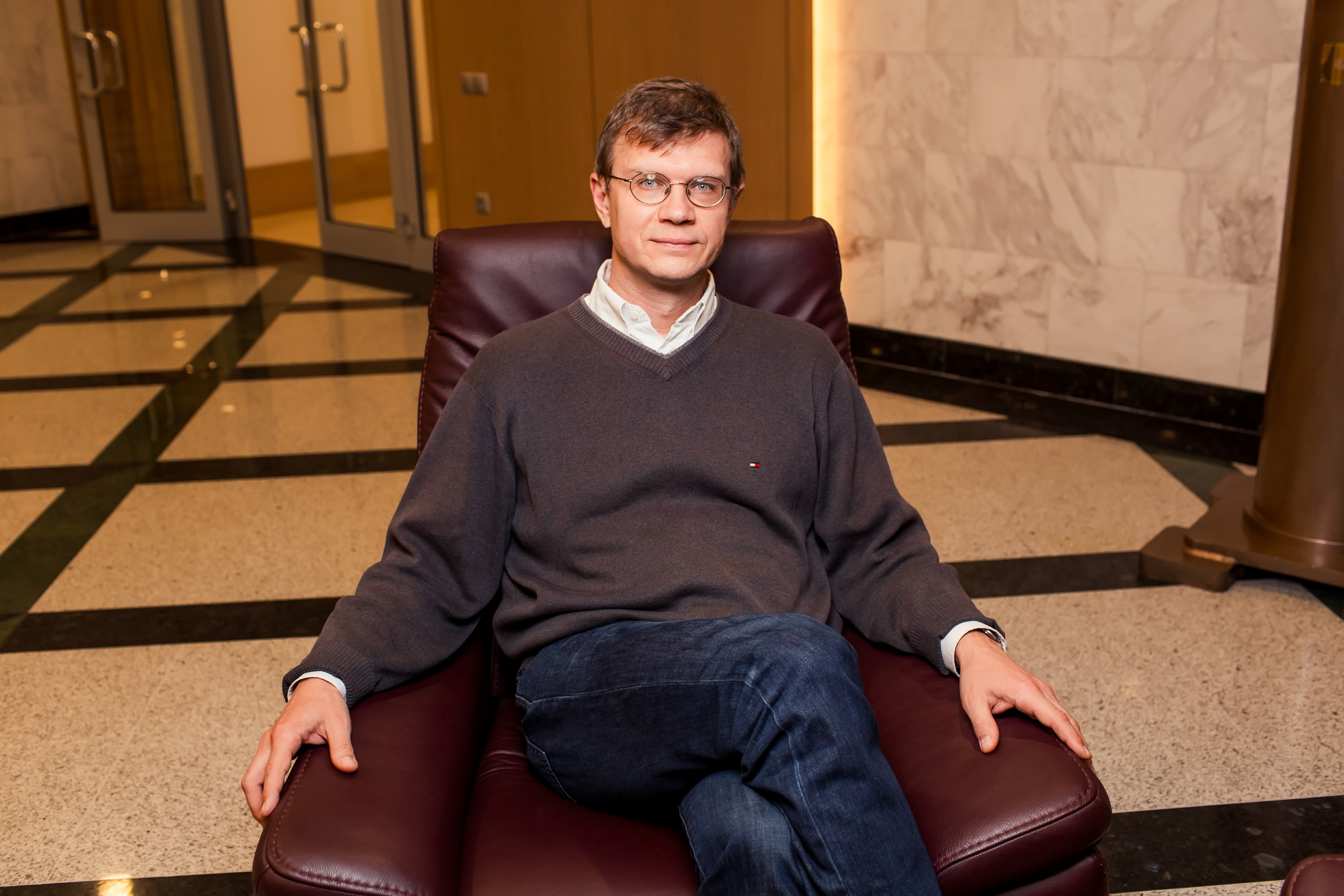Mikhail Lukin
George Vasmer Leverett Professor of Physics, Harvard University
Mikhail Lukin is a Russian theoretical and experimental physicist and a professor at Harvard University. He earned his M.Sc. degree from the Moscow Institute of Physics and Technology, Russia, and his Ph.D. from Texas A&M University, USA. Following postdoctoral work, he became an assistant professor of physics at Harvard University in 2001. Today, he is the George Vasmer Leverett Professor of Physics at Harvard, Co-Director of the Harvard Quantum Initiative in Science and Engineering, and Co-Director of the Harvard-MIT Center for Ultracold Atoms.
Mikhail is best known for his work in the area of quantum optical science and its applications. His early work in atomic physics on electromagnetically-induced transparency led to several seminal results detailing the interaction of atomic ensembles with light. In the past decade, Lukin and his group have developed and demonstrated optical systems that are nonlinear at a single photon level, achieving a four-decade-long goal in the field of nonlinear optics. His current research includes quantum manipulation of atomic and nanoscale solid-state systems, quantum many-body physics, and applications to quantum metrology and quantum information processing, including the realization of quantum computers and quantum networks.
He is the recipient of OSA’s Adolph Lomb Award, National Science Foundation Career Award, American Association for the Advancement of Science Newcomb Cleveland Prize, I.I. Rabi Prize of the American Physical Society, Julius Springer Prize for Applied Physics, the Willis Lamb Award for Quantum Optics and Laser Science, and the George Gamow Award. He is a Fellow of OSA, American Physical Society, and a member of the National Academy of Sciences. In 2021, he received OSA's Charles Hard Townes Award "for his pioneering theoretical and experimental contributions to quantum nonlinear optics and quantum information science and technology, and for the development and application of nanoscale quantum systems for sensing."
Session with this speaker:


Register
OR
${error}
Name *
Last name *
Profile type *
Select
Company name
Email *
Email invalid
Password *
Select at least one option *
I'm going to the Open Day
I go to scientific reports
Keep me updated about RQC conferences and schools
By clicking the "Create Account" button, you agree to the current Privacy policy and Payment
Already have an account? Login
Confirm your email
An email confirming your email address has beensent to your mailbox.
